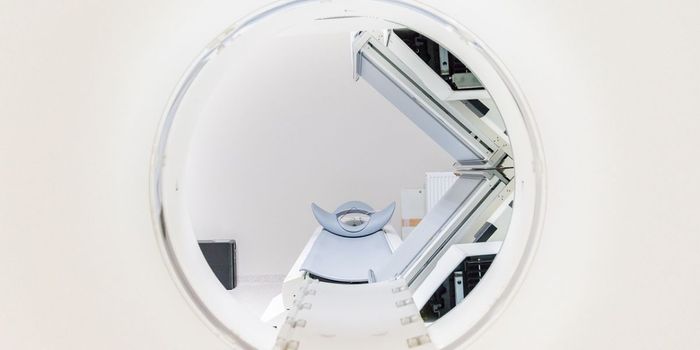Games and smartphone apps that claim to “train your brain” and stave off dementia, memory loss and other neurological declines have been around for years. With the Baby Boomer generation now in their 60’s and 70’s, these high tech games are popular. No one wants to think about getting older and losing cognitive abilities. One company however has found itself the subject of a complaint from the Federal Trade Commission who filed charges that their product was not as advertised.
Lumos Labs, makers of the Lumosity “brain training” program of games and electronic puzzles have agreed to settle Federal Trade Commission charges alleging that they deceived consumers with unfounded claims. Luminosity ads claimed that using their system would result in less age related memory loss, ward off dementia and even give users better performance levels at work or school. The problem is that the company couldn’t back any of those claims up with scientific evidence or peer-reviewed brain research.
The company and its founder Kumal Sarkar have agreed to pay $2m million in fines. They also must notify all subscribers of the action taken by the FTC and provide them with instructions on how to cancel auto-renewal plans so they will not continue to be billed.
“Lumosity preyed on consumers’ fears about age-related cognitive decline, suggesting their games could stave off memory loss, dementia, and even Alzheimer’s disease,”
said Jessica Rich, Director of the FTC’s Bureau of Consumer Protection. “But Lumosity simply did not have the science to back up its ads.”
In the
26 page complaint filed by the FTC in the US District Court in San Francisco the FTC details the claims made by the Luminosity program which consists of 40 games that target specific areas of the brain. Ads for the program claimed that subscribers who played for 10-15 minutes three or four times a week would “reach their full potential in every aspect of life.” The company sold both online and mobile app options of the program. Fees ranged from a monthly subscription price of $14.95 to lifetime memberships which went for $299.95.
Lumos Labs marketed the program through emails, blog posts and social media, as well at television ads and infomercials. Using Google AdWords they purchased hundreds of keywords related to memory, Alzheimer’s and dementia so that when Internet users searched for information on those topics, they would be led to the Luminosity.com website
The FTC alleged in their suit that the defendants claimed training with Lumosity would 1) improve performance on everyday tasks, in school, at work, and in athletics; 2) delay age-related cognitive decline and protect against mild cognitive impairment, dementia, and Alzheimer’s disease; and 3) reduce cognitive impairment associated with health conditions, including stroke, traumatic brain injury, PTSD, ADHD, the side effects of chemotherapy, and Turner syndrome, and that scientific studies proved these benefits. The company was also charged with failing to disclose that their testimonials from users had been solicited through a contest that promised prizes like an iPad and lifetime access to the Luminosity program.
Under Federal law, any product that claims to treat or prevent any serious illness must be submitted to the Food and Drug Administration for testing and approval. To date, the FDA has not approved a single brain training program as a treatment or preventative for any illness.
The order also imposed a $50 million judgment against Lumos Labs, which was suspended because of the financial condition of the company after the $2 million payment of fines.
The video below discusses the charges against Lumos Labs and why the FTC took action. Take a look to learn more about this issue and brain training games.









